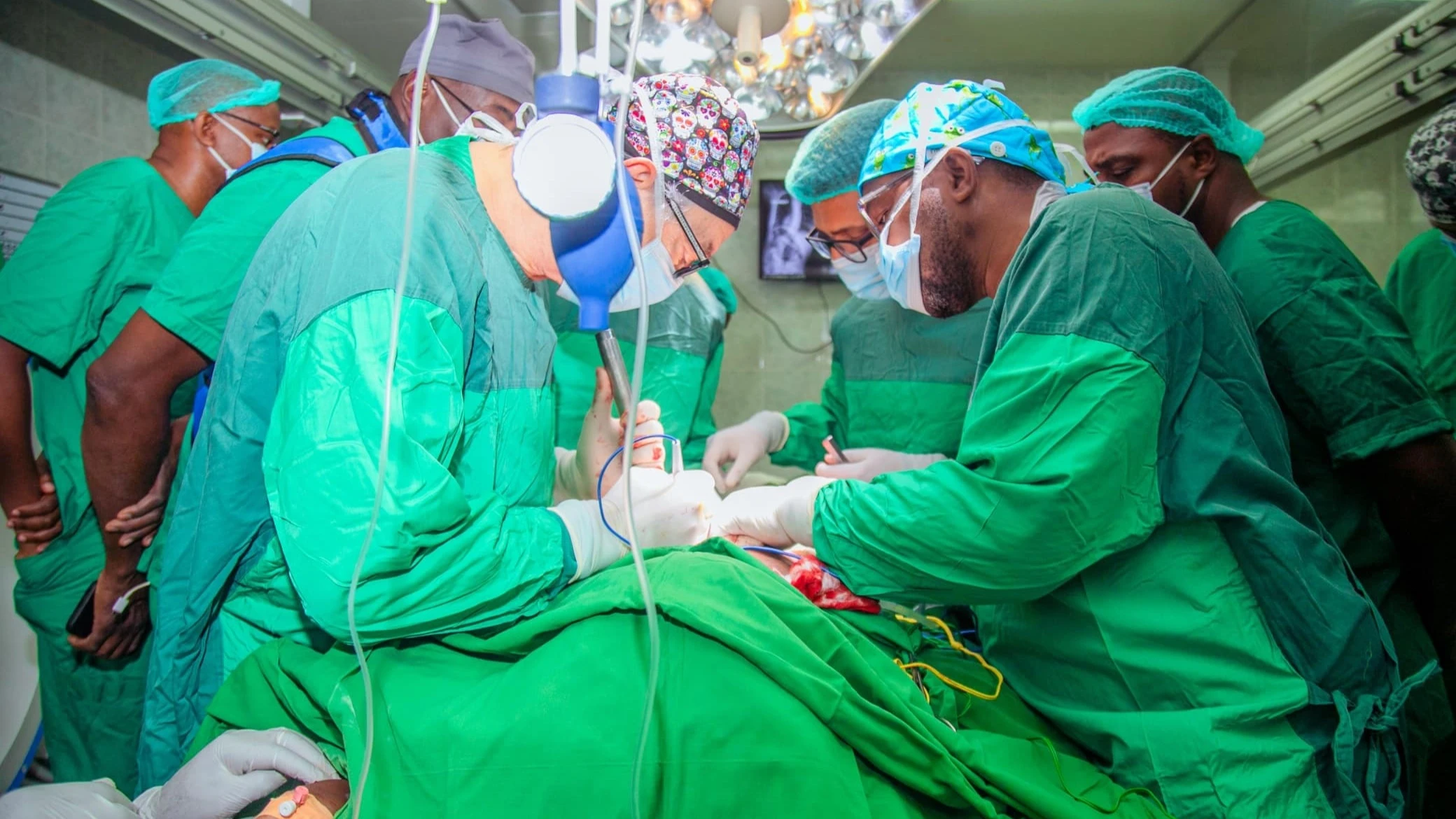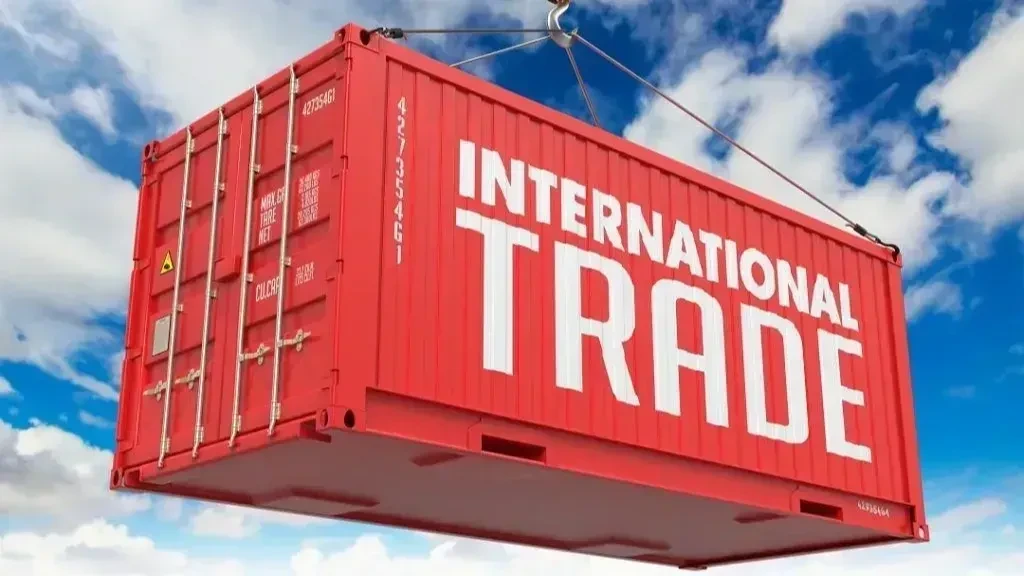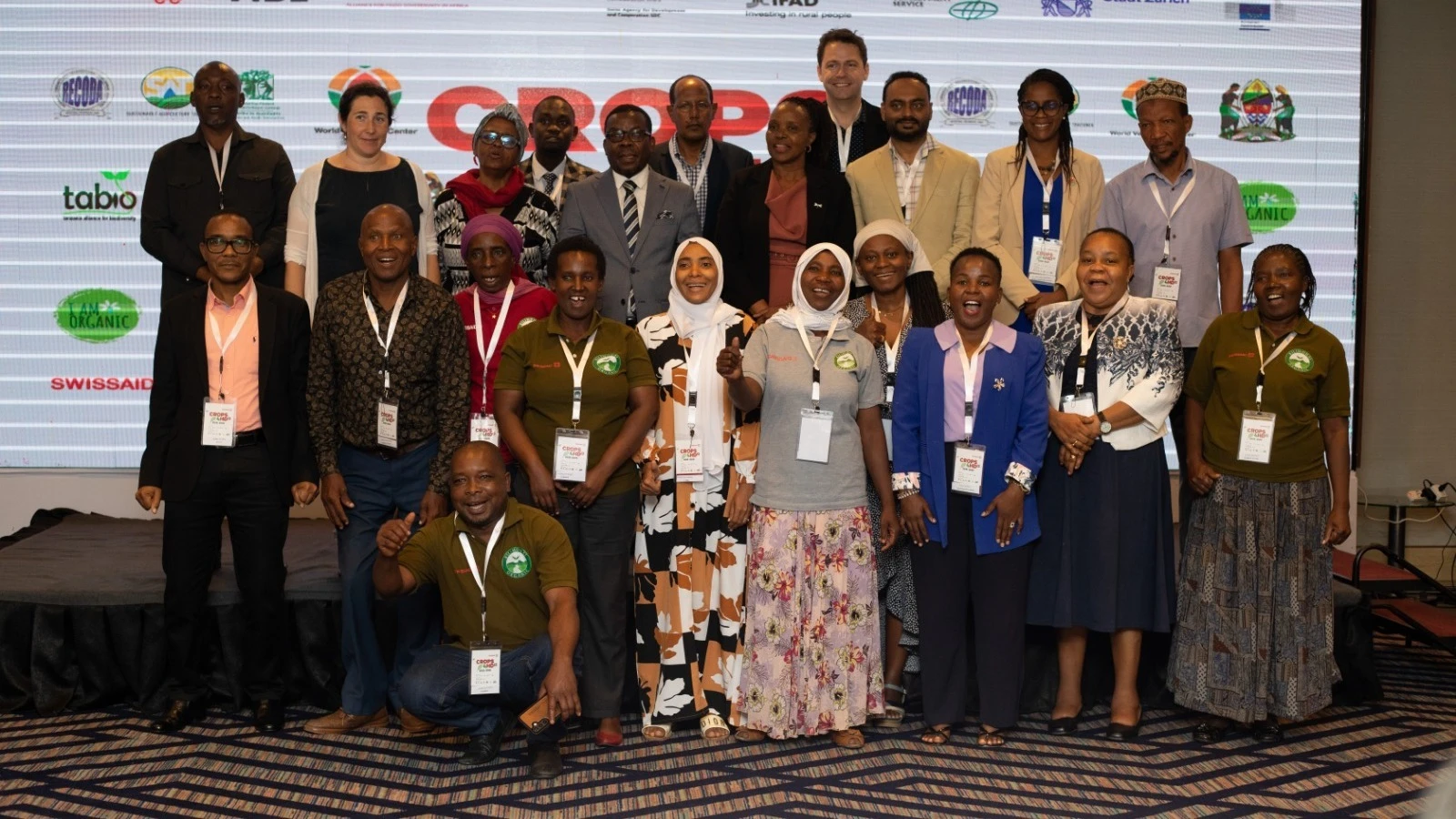Key needs in health sector supplies: Pact with Abbot Group setting pace

AN American multinational medical devices and health care company is reported to have agreed to establish a medical equipment manufacturing plant in Tanzania.
The significance of the pact concerned is that it comes about in a changed atmosphere on the world scene, with an implication that it is likely to be a win-win situation.
This dimension wasn’t mentioned at the signing ceremony, only that the new investment is expected to enhance access to diagnostic tools by vastly reducing reliance on imports.
The idea of import substitution was at the cornerstone of industrialisation strategies – for instance, as outlined around 1973 to 1975. It collapsed in 1977 when the government was pushed to accept the Open General Licence after a coffee price boom, and a routine loan need from the International Monetary Fund as a conditionality.
The difference between the old strategy of import substitution and the new one is that at that time the government was pinning its hopes chiefly on crop exports, under which the earnings would go into purchasing what was needed – from tractors to penicillin, not to speak of vehicles, etc.
This time around, it is the US medical tools firm that is setting up shop, and all its needs are the relevant taxation environment and assurance of markets.
It does not include where someone will unload a container of cheap medical equipment from wherever it is and soon compel the new firm to shut down. When that is still the case, the firm would have to target regional markets as a unified sphere.
The reason for this likelihood is that this is the sentiment heard from local and investment group officials.
This is one of the remarks an Abbott vice president for commercial operations on infectious diseases who signed the pact said.
According to the executive, the group’s partnership with the government began in October 2024, implying that the firm’s underlying strategy was drawn up prior to the reciprocal tariffs strategy the US started to apply early April this year.
The implication is that it is ready to take up the EAC, SADC and AfCFTA markets for East Africa, southern Africa and Africa-wide markets competitively right from start.
This pact ought to help a section of the legislature, and many of those who are now jostling for nomination, to move away from strategies of old that saw a key pension fund spend billions of shillings setting up a factory for making boots ostensibly to use our leather products and create jobs.
There are local firms with access to commercial banks that could have been entrusted with the project, with a number of state agencies just assuring the market. The problem would like in dislike for rich people, where signing an agreement with some would invite probing for corruption, etc.
With foreign aid coming in and the world market at least for Africa free tariffs or custom duties, this sort of outlook was likely to persist, as it is still standard practice of procurement in many sectors.
Policy advisers and in particular the legislature have had difficulties altering the popular public ownership mentality for public-private partnership, as all that are seen as hallmarks of enriching people with procurement tenders.
This sort of witch hunting has cost public coffers heavily. However, with the sharp diminution of foreign aid and rising tariffs, a change will hopefully occur.
Top Headlines
© 2025 IPPMEDIA.COM. ALL RIGHTS RESERVED

















